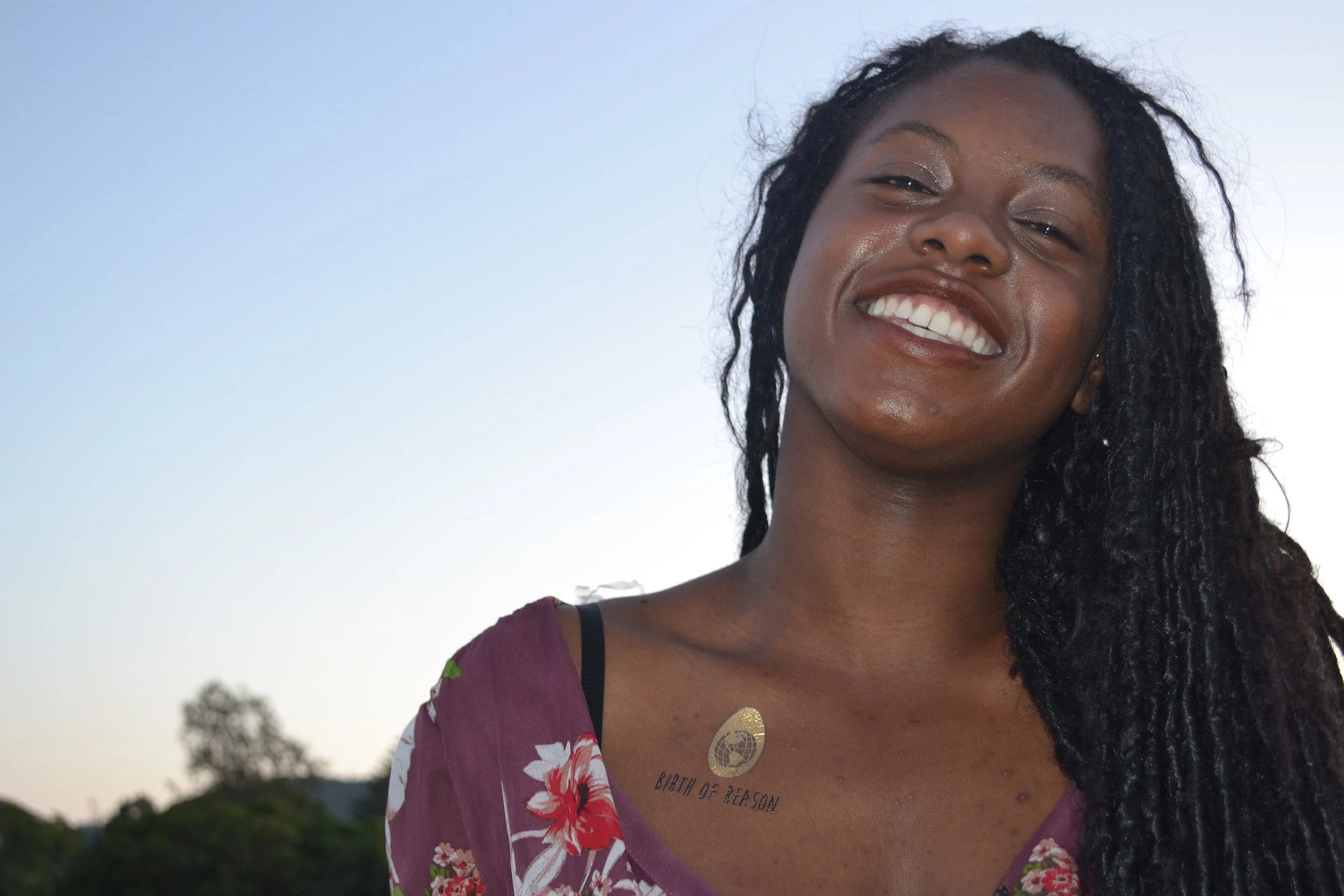“When I came to Westmont College, I never realized the significance of being a woman really had. I didn’t know women were really treated differently because I was adopted by a single mother. She chose to be a mother and she knew she could raise me by herself and that’s why she chose to adopt me. A lot of single mothers or single women in general don’t always necessarily choose to adopt children because they may not believe it’s always possible for them. Coming to Westmont, I’ve always been surrounded by women growing up.
I think the first time I realized that there’s a lot of pressure on women was when I took a physics class. I was the only woman and I felt instantaneous pressure. And not only was I the only woman, I was also the only African American female. In class, I always thought about what I did, about what I would say, the type of questions I would ask. I didn’t want all the men around me to think of me as a representation of all the women, and be like well yeah she would ask a dumb question because she’s a woman and she doesn’t understand science and kind of those preconceived notions that women don’t necessarily belong in the sciences. That class was just so hard.
I think it was when I found out that there existed a BSU, Black Student Union, on my college campus. Basically it’s a gathering of people interested in talking about black culture and all the things that go along with that—just there being that space for that type of community and connection to be built so we can talk about a lot of the things we all experience. That’s when I found out there’s an organization for women and there’s just the need for symbolism for women that they know there’s a place for them that they can gather and speak about their experiences and have a community to build upon for each other and be allies to each other to make a difference in the world.”


